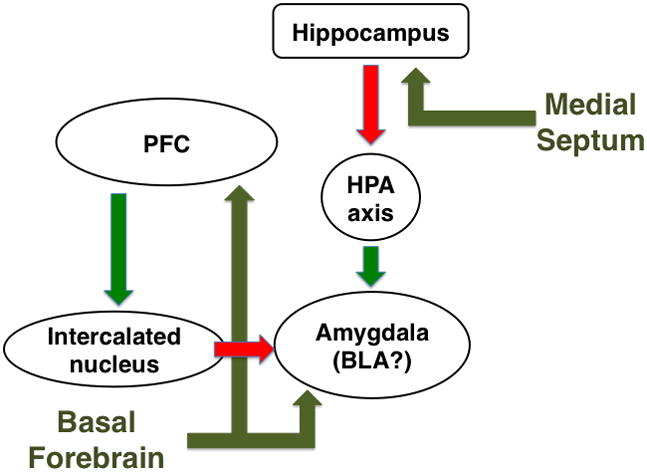Figure 4. Effects of acetylcholine on hippocampal-amygdala stress response.

Stress increases acetylcholine release in the hippocampus and frontal cortex (Mark et al., 1996) and impairs signaling in the prefrontal cortex (PFC) (Arnsten, 2009). The hippocampus provides inhibitory feedback to the amygdala through inhibition of the hypothalamic-pituitary-adrenal (HPA) axis (Tasker and Herman, 2011) whereas the PFC can normally decrease basolateral amygdala activity through projections to the intercalated nucleus (Manko et al., 2011; Pinard et al., 2012). The effects of stress-induced acetylcholine release on output of hippocampus and cortex is unknown, but cholinergic modulation of cortico-amygdala glutamatergic connections strengthens associations between environmental stimuli and stressful events (Mansvelder et al., 2009).
